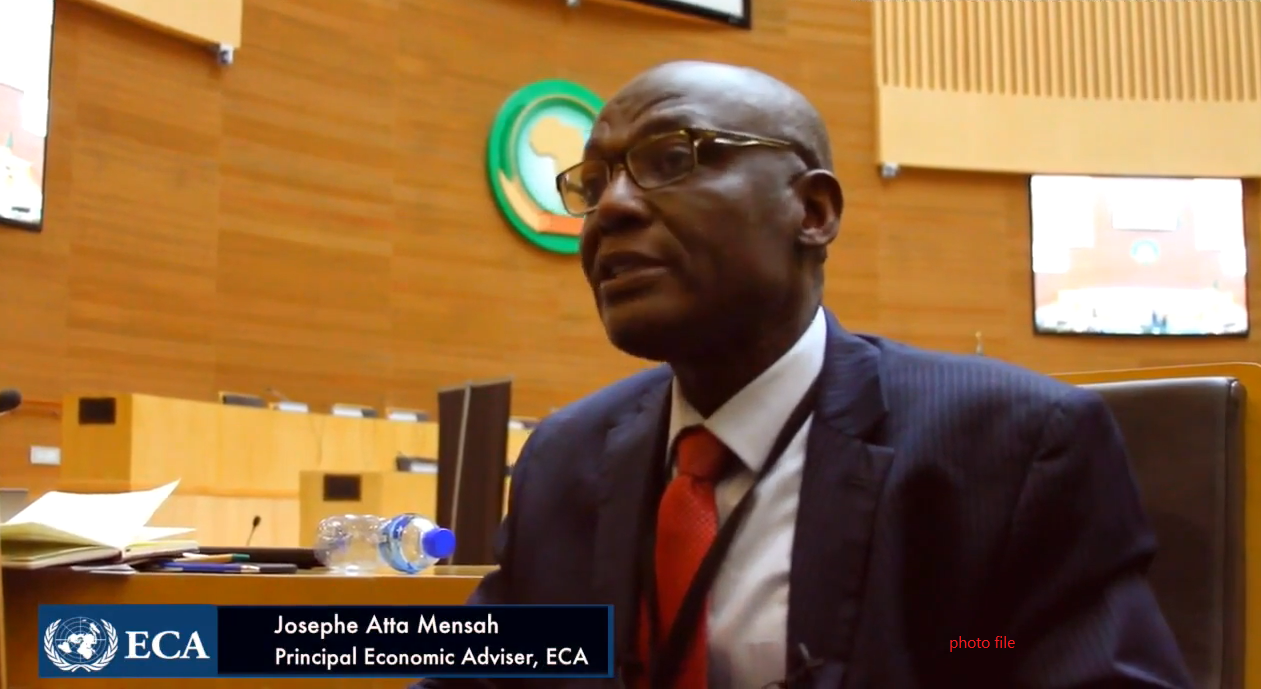Ethiopia Urged to “Carefully” Manage its Privatization Process - ENA English
Ethiopia Urged to “Carefully” Manage its Privatization Process

Addis Ababa December 18/2018 Ethiopia’s plan to partially or fully privatize state owned institutions has to be done in extra vigilant manner, an African economist said. Joseph Atta-Mensah, who is Principal Policy Advisor at the Economic Commission for Africa (ECA), said the recent decision by the government to privatize its public owned institutions has to be done carefully. In an exclusive interview with ENA Atta-Mensah said, the government has to look into the privatization if it is to be effective over the longer term. “If we take for instance the Ethiopian airlines, I think to me, it is a very good airline which is currently number one in Africa,” as he vigorously opposed its privatization. Reports showed that budgetary stress, the desire to foster competition or to add value, perhaps a push from international ‘donors’ are the main reasons that pressure countries to privatize. Prime Minister Abiy Ahmed has stressed that the country is in dire need of foreign currency and he would take measures that help to create economic stability, which include privatizing state owned institutions. Atta-Mensah indicated that the most important thing to privatize is to added value, of course, in certain place it may be difficult for the government to continue to bringing capital. Privatizing inefficient state run organizations would enable governments to raise funds that would be invested in social programs such as education and healthcare, he pointed out. According to him, if you look at the telecommunications, it requires a lot of capital infusion. Around Africa, Telecoms are always owned by private companies. “But of course every government is careful about security issues to be able to do an effective job on that. So I think in terms privatizing the telecom sector, it is important the government should see the pros and cons among others”, he further noted. The government should also think among others is prioritizing how the new approaches change the lives of individuals, he advised. “Yes it gives capital, it brings new investors but at the end of the day, who are we pleasing. It is important to look in to the human side of development,” Atta-Mensah underlined. The world is changing; Africa is changing. So Ethiopia has to get a change. For Louise Chamberlain, United Nations Development Program (UNDP) Country Director, the private sector has to play its key role to respond the ever increasing job demand and the country`s overall growth. “We should not expect the public sector to generate more jobs onwards it is rather the private sector that going to be the economic engine of Ethiopia,” she acclaimed Ethiopia’s privatization move. Zafu Eyesus-work Zafu, the former president of the Ethiopia and Addis Ababa Chambers of Commerce and Sectoral Associations, said for his part that “In the past we did not encourage and create the appropriate environment for the private sector to flourish.” He commended the move of the government to privatize the state owned institutions in order to persuade and promote the private sector to play its part in the national development. It was learned that an Advisory Council that will oversee the process of privatizing large state-owned enterprises to ensure transparency and accountability in the process was established last August.